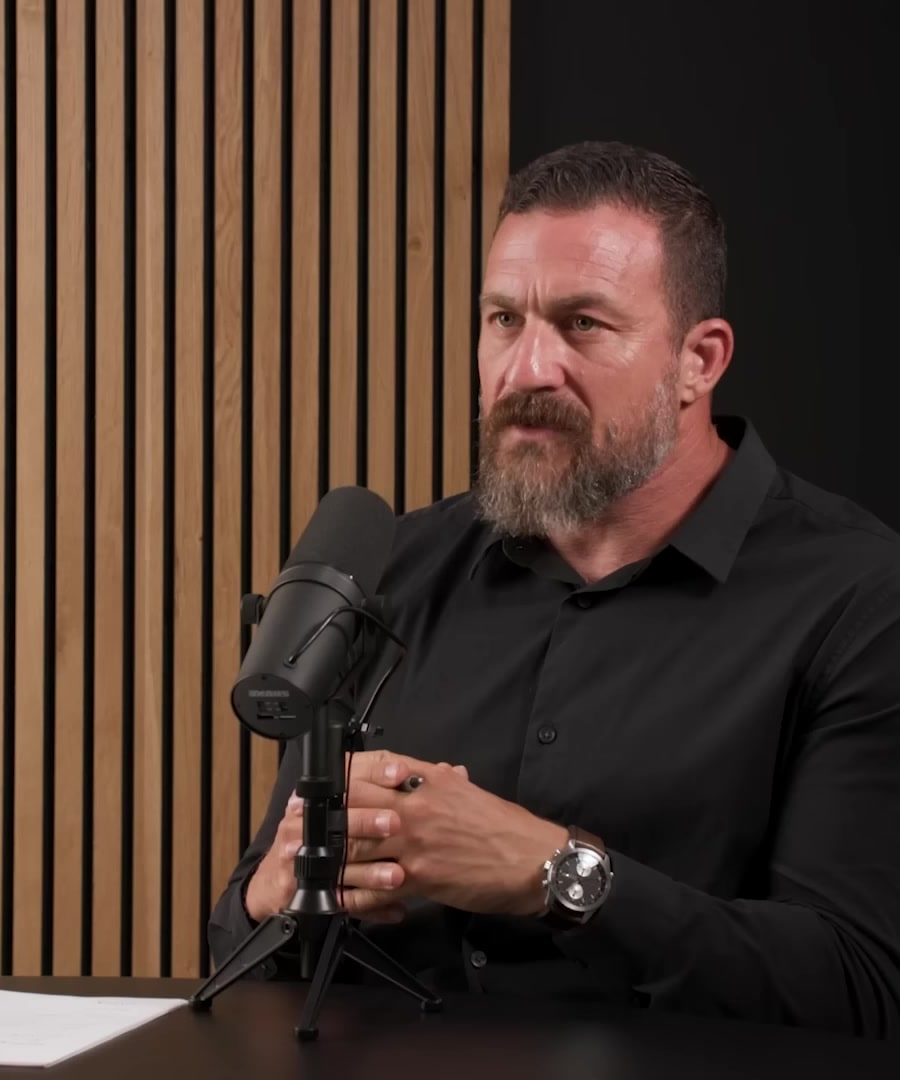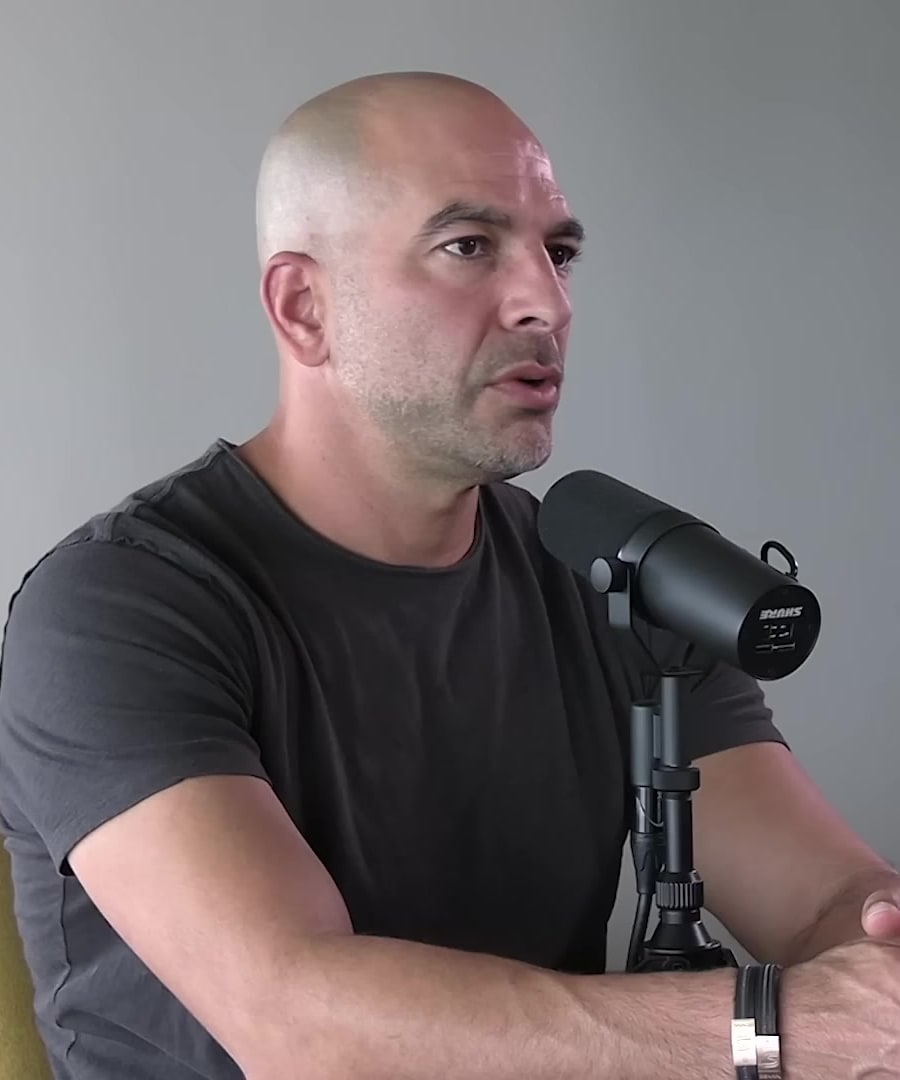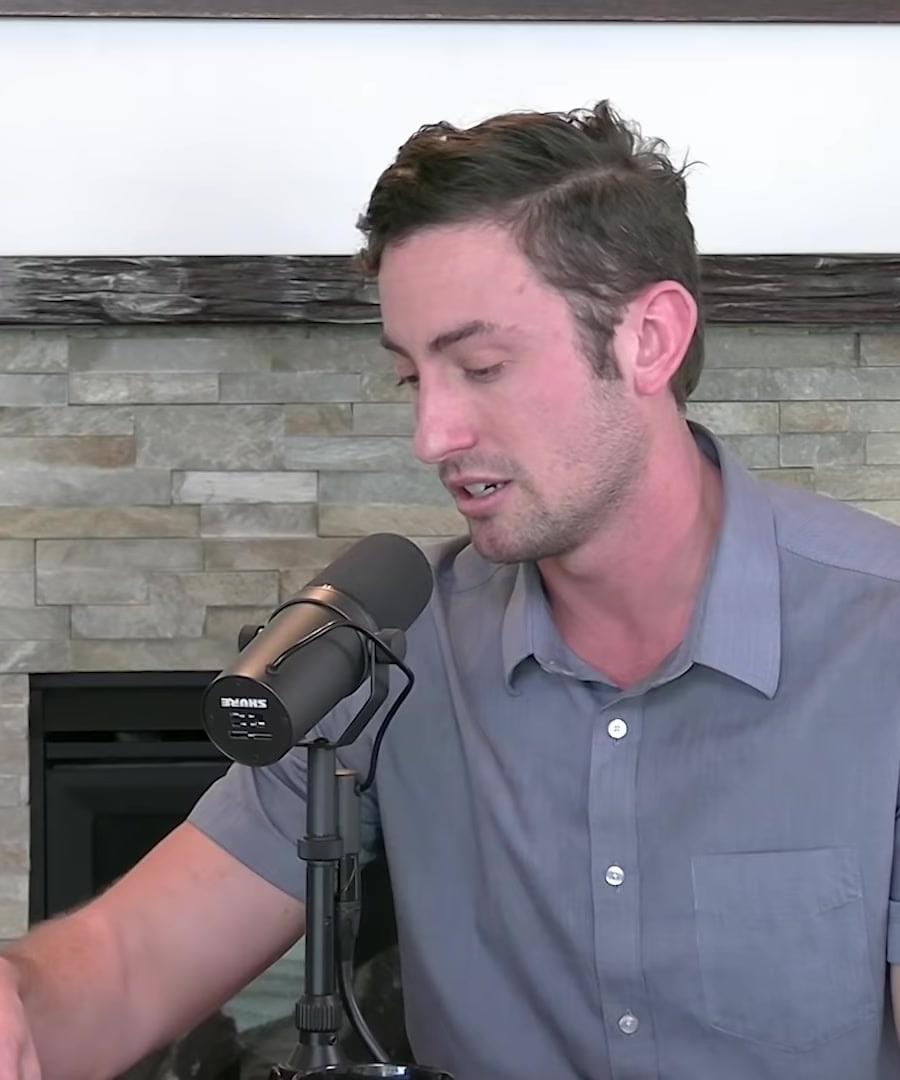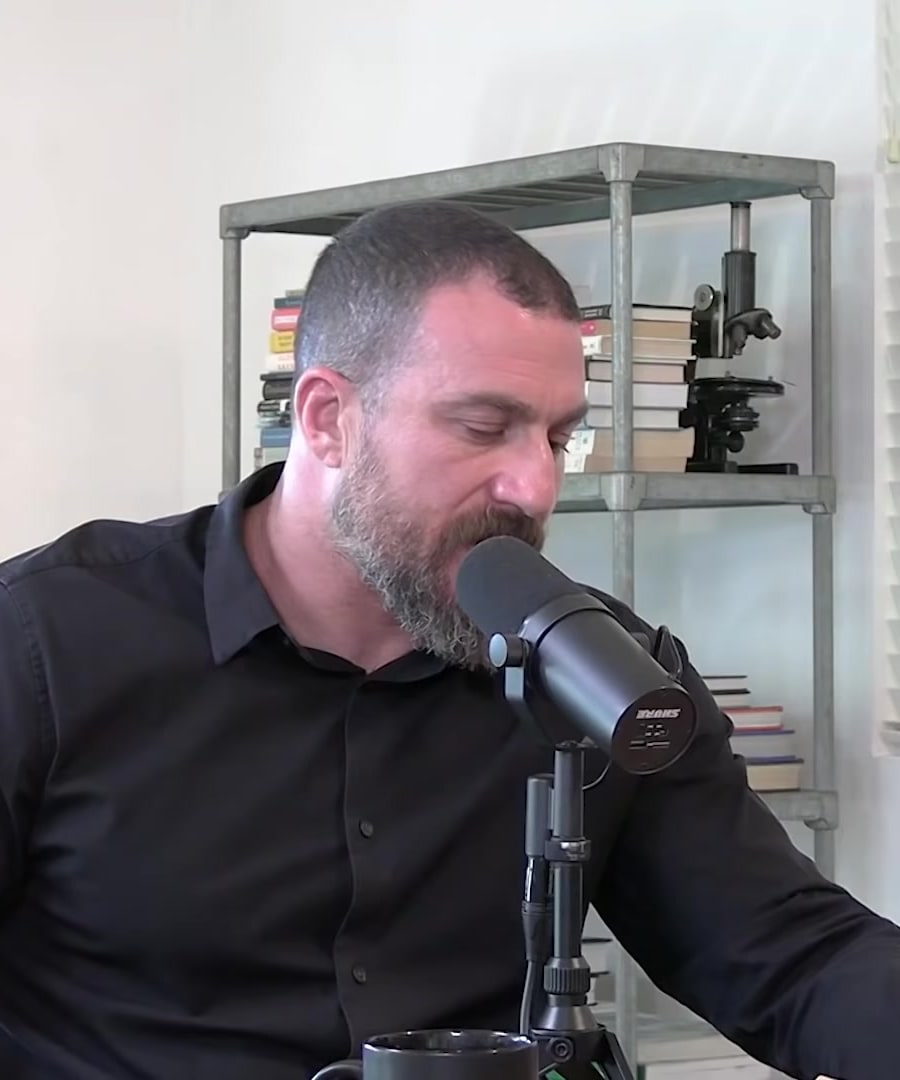What are the risks and negative effects?
Sources:
Testosterone Replacement Therapy (TRT) carries various risks and negative effects, especially when not properly managed or when used by individuals who may not need it. Here are some of the key concerns highlighted in the :
-
Fertility Issues: One of the most significant risks of TRT is its impact on fertility. TRT can severely reduce sperm count and quality, potentially leading to infertility. This is because exogenous testosterone suppresses the body's natural production of testosterone, which is essential for sperm production 1 2.
-
Physical Side Effects: Users may experience side effects such as acne, bloating, hair loss, and increased water retention. These effects can vary depending on the dosage and individual response 3.
-
Sleep Apnea: TRT can increase the risk of developing sleep apnea, a condition characterized by disrupted breathing during sleep. This is especially prominent in those who take higher doses or start TRT with already normal testosterone levels 4.
-
Mood and Behavior Changes: While testosterone itself does not change personality, it can exacerbate existing traits. For instance, it may amplify aggressive tendencies in individuals with such predispositions 4.
-
Cardiovascular and Other Health Risks: TRT can lead to increased levels of erythropoietin, causing thicker blood, which may elevate the risk of cardiovascular events. Monitoring is essential to prevent such adverse outcomes 5.
-
Psychological and Social Pressure: There is also the societal pressure and misinformation, leading younger individuals to use TRT or high-dose testosterone without medical justification, often spurred by gym culture or the desire for enhanced physical appearance 6 2.
Due to these significant risks, and other experts emphasize the importance of medical supervision and a comprehensive evaluation of necessity before starting TRT. For those concerned about fertility, alternatives like Human Chorionic Gonadotropin (HCG) can be used alongside TRT to help maintain sperm production 1.
RELATED QUESTIONS-
What are the risks and negative effects?
- RELATED QUESTIONS





